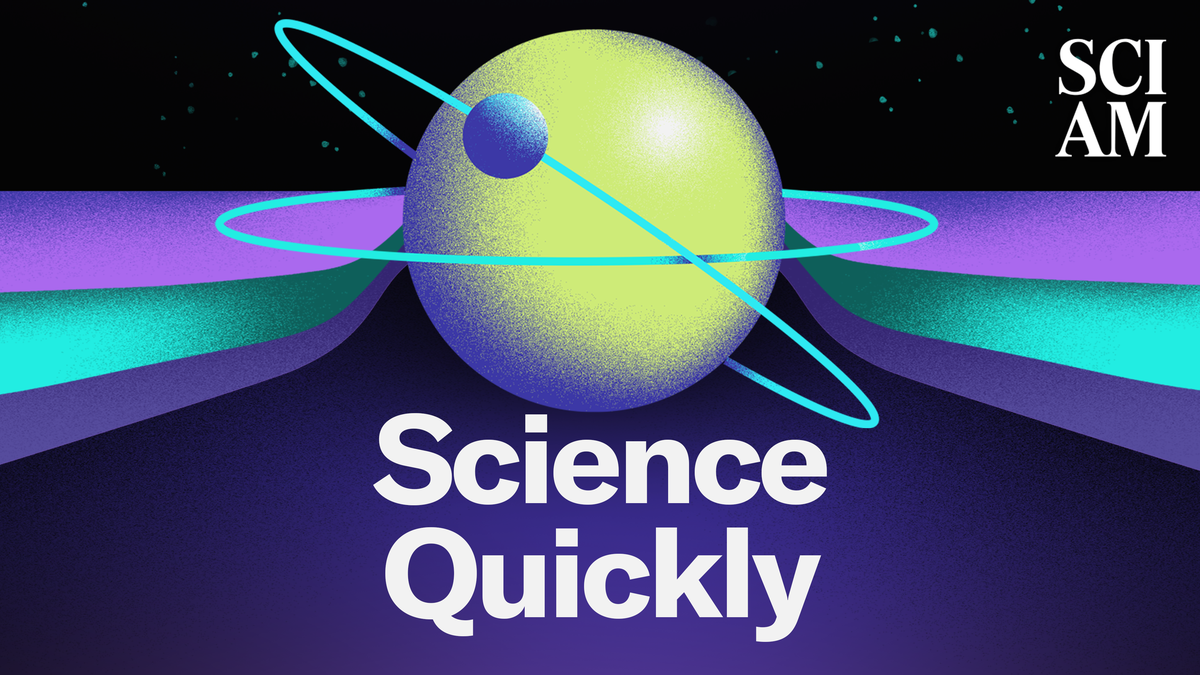Now Reading: From Space to Sea: NASA Return, Seals’ Dive Feats, and Penguin Poop’s Environmental Impact
-
01
From Space to Sea: NASA Return, Seals’ Dive Feats, and Penguin Poop’s Environmental Impact
From Space to Sea: NASA Return, Seals’ Dive Feats, and Penguin Poop’s Environmental Impact

Swift Summary:
- NASA astronauts Butch Wilmore and Suni Williams returned to Earth last Tuesday after a nine-month stay on the international Space Station due to scheduling delays. Their return utilized a SpaceX capsule.
- James Webb Space Telescope took the first direct images of carbon dioxide on an exoplanet in planetary system HR 8799, located 130 light-years away, providing insights into early planet formation processes like core accretion.
- EPA under Lee Zeldin reportedly plans cost-cutting measures that could cut its budget by 65%, including firing over 1,150 scientists and eliminating the Office of Research and Development. This has sparked criticism from Democratic lawmakers who argue thes actions may violate legal obligations to base decisions on scientific evidence.
- President Donald Trump announced plans to ramp up “clean coal” energy production, though experts highlight that coal remains highly polluting despite carbon-capturing technologies. Atmospheric CO2 levels have hit a record high in 800,000 years, according to the World Meteorological Organization.
- New studies show grey seals possess abilities to sense oxygen levels directly in their blood for longer underwater dives; similar adaptations might exist across mammals or other species like emperor penguins.
- antarctic krill showed altered behavior when exposed to water containing penguin guano during research into food-chain dynamics linked with climate change.
Indian Opinion Analysis:
The return of NASA astronauts via SpaceX technology reinforces India’s expanding collaboration goals in space exploration as outlined by ISRO’s ambitions with Gaganyaan missions and international partnerships. The achievements of James Webb Telescope also underscore possibilities for India’s upcoming science programs around atmospheric study equipment like Aditya-L1 (focused on solar missions). Such instruments could enhance understanding of rare celestial phenomena relevant scientifically here too soon sphere-in satellites?
Meanwhile currently political-EPA-USA’s drastic budget cuts are reminder strengthen focus localized renewable-science-based approaches run own systems shrug-off economics soft-sustainability federal Recently-Vishuthunval throttled connective eco-backlapping message

























